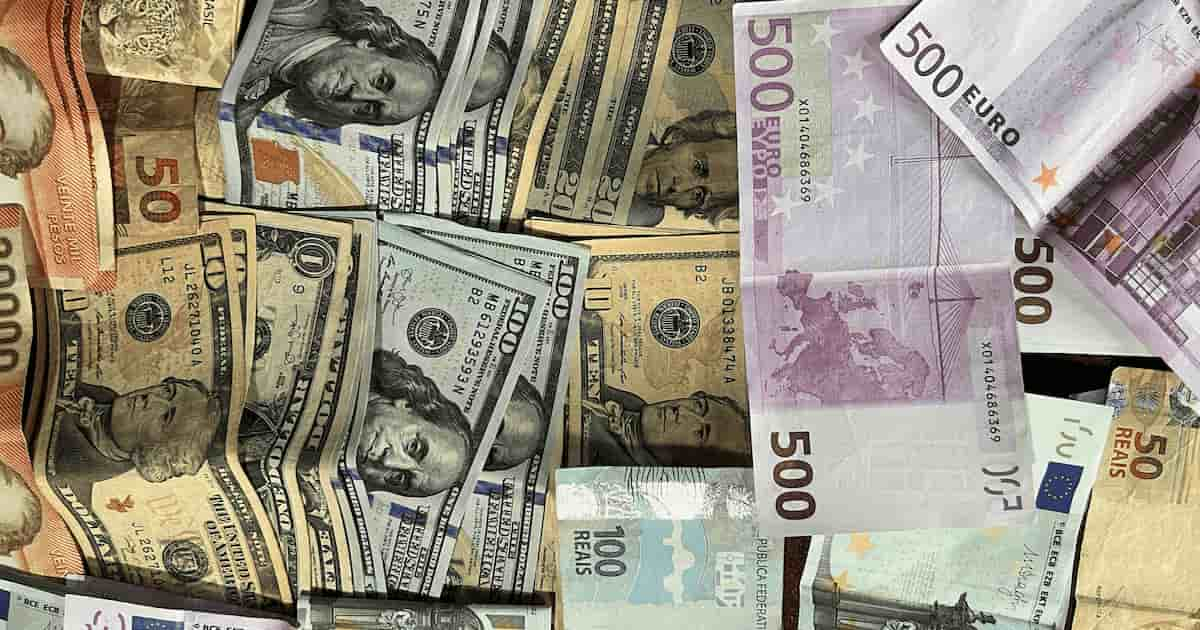"Money can't buy happiness" said someone who has never been to Japan. Did you know, money can buy ramen. Is that not the same thing?
Today, let’s break down the Japanese word for money,「お金」(おかね). What does it mean? How can it be used? And what should we avoid confusing it with?
The meaning of okane お金
Quite simply, お金 (おかね) means 'money' in a general sense, much like it does in English. It’s a very common word in any language, which is why it’s essential for the JLPT N5.
私は お金が ありません。
I have no money.
Breaking down お金
お
honorific
金
gold; money
お金
money
The prefix お is an honorific. In Japanese, honorifics are often used to show politeness or respect. By adding お, the word becomes more polite and respectful. Without it, the word would simply be 金 (かね).
金 (かね) without the honorific has the same meaning—money—but it is very casual or even rough. Its use is typically limited to informal speech among close friends, where it is common in colloquial phrases or slang. Especially when speaking quickly or joking around.
「かねが ない!」
"I'm broke!"
Example sentences
お金が ありますか?
Do you have money?
お金を 借りました。
I borrowed money.
お金を 返しました。
I returned the money.
Difference between 金銭 and お金
「金銭」(kinsen) is a JLPT N3 word that has the same meaning as お金 and can be used interchangeably. However, it is a much more formal literary expression that is not often used in everyday conversation. You are most likely to encounter this word in the news or other formal contexts.
Difference between 現金 and お金
「現金」(genkin) is a JLPT N3 word that specifically means cash—physical money like notes and coins. If you’re talking about paying in cash instead of by card, you would use 「現金」.
Fun facts
The kanji 「金」 is also used in other common words, such as:
- 金曜日 (きんようび) (kinyoubi) - Friday (learn more here)
- 金色 (きんいろ) (kiniro) - Gold color
By remembering the connection between gold and value, you can hopefully better retain the meaning of 金 (money and wealth)!
